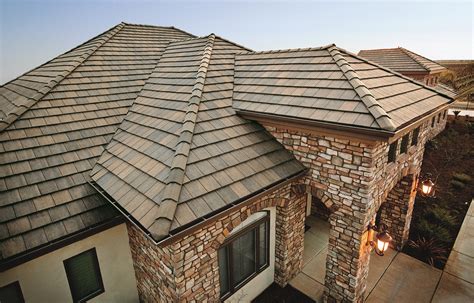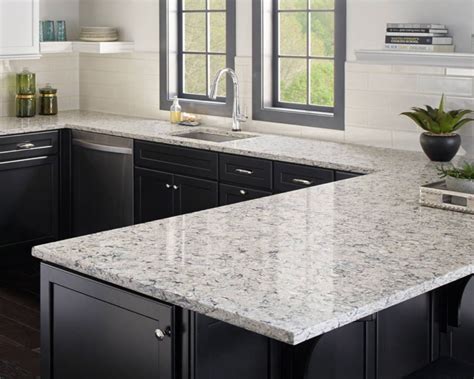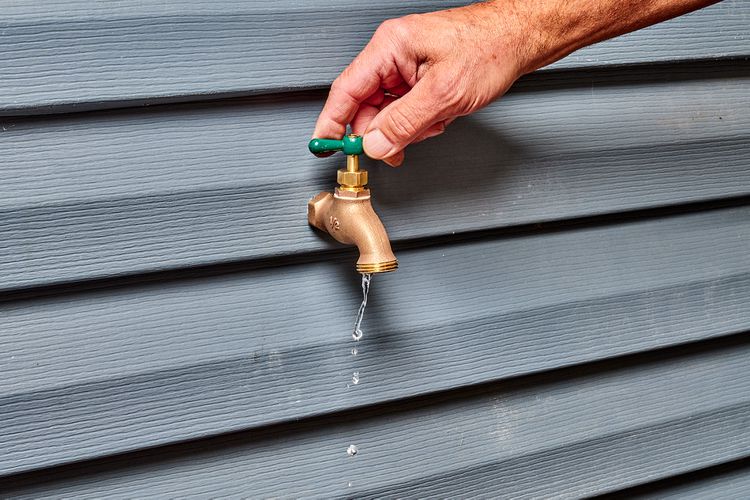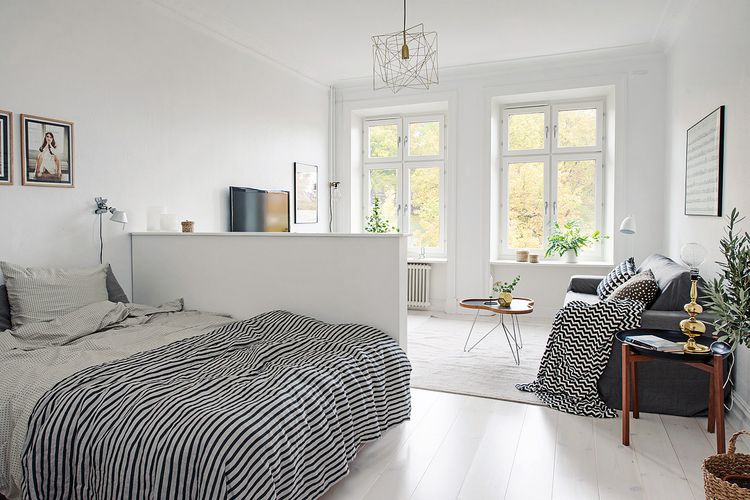This narrative is featured in our Family Home Edition, where we explore the contemporary concept of the family home and offer tips on optimizing any living environment to suit your needs. For insights on multigenerational living, welcoming a new family member, or purchasing a home with friends, be sure to explore the complete edition here.

If the idea of cohabiting with family feels daunting, there’s a silver lining: in-law suites, whether integrated into a house or separate, provide distinct living spaces for everyone. These types of properties are excellent for homeowners who want to support elderly family members, allowing them to remain nearby while enjoying their own autonomy.
If you’re thinking about incorporating an in-law suite into your residence, continue reading to discover the various options and tips for creating an ideal space for your family member.
Introducing the Specialist
- Eryn Oruncak works as an interior designer for Elan Design, LLC, operating in both Philadelphia and Washington, D.C.
- Yancy Forsythe is the founder and proprietor of Missouri Valley Homes located in Carrollton, Missouri.
- Ryan Hoover serves as a civil engineer and holds the position of president at Ceed Civil Engineering located in Washington, D.C.
What exactly is an in-law suite?
An in-law suite, also known as an additional dwelling unit (ADU), is a separate living space that can be either attached to or separate from your main residence, providing independent accommodations on your property.
While the phrase “in-law suite” is occasionally referred to as a “mother-in-law suite,” it can accommodate multiple family members.
We’re currently developing an in-law suite,” shares Eryn Oruncak, an interior designer with Elan Design, LLC. “Our clients wanted to establish an area where their 21-year-old daughter and 19-year-old son could comfortably spend longer visits—hence, it’s designed for the kids-in-law.
Advantages of In-Law Suites
In-law suites offer homeowners numerous advantages, such as the potential for additional income through rentals, enhanced property value, additional storage options, or increased living space that can serve various purposes.
However, numerous homeowners value them for their advantages in facilitating aging in place. Because in-law suites are typically connected to or located on the same property as the main residence, they provide homeowners with more convenient access to their elderly parents.
If your parents, in-laws, or other cherished individuals are experiencing health issues or if you desire to have more family members nearby for support, in-law suites provide your relatives with their own living space.
Varieties of In-Law Accommodations
There are two primary categories of in-law suites: those that are added or converted within an existing structure, and those that are separate and standalone.
In-Law Suite Additions/Conversions
This approach offers the greatest flexibility and affordability for incorporating an in-law suite into your property, as it allows you to either extend your current home or transform an underutilized area.
Supplementary ADUs function by adding an in-law suite to a section of your current residence, while conversions typically involve repurposing spaces like the garage, attic, or basement into an in-law suite. The in-law suite that Oruncak and her team are developing falls into this category of ADU.
We’re transforming the entire lower level of the house into an in-law suite,” she explains. “This thoughtfully designed lower floor enhances the overall elegance of the two upper levels, resulting in one stunning, cohesive residence.
Separate Guest Houses for In-Laws
An independent in-law suite is a standalone building distinct from the main residence. It operates autonomously and is situated in a designated area on the property, functioning as a separate entity.
If you’re looking to convert your in-law suite into a rental unit or simply desire more privacy, this is an ideal choice as it is separate from the primary residence.
What is the price range for in-law suites?
The expense of constructing an in-law suite depends on several factors. Converting an existing space or adding on to your home for an in-law suite tends to be more affordable compared to building a separate, standalone structure.
The dimensions and design are additional elements that influence the total expense of your in-law suite. Similar to main homes, in-law suites are constructed based on square footage; therefore, the bigger the suite, the greater the cost.
The amenities included in your in-law suite will also impact the overall cost. As numerous homeowners utilize these suites to accommodate their parents or in-laws, implementing safety features like handrails or ramps in the bathroom can increase expenses.
The costs associated with in-law suites in your region will be influenced by various local factors, with the typical price range for either an attached or detached suite falling between $40,000 and $150,000.
Improving Security in a Mother-in-Law Apartment
When creating an in-law suite for family members to comfortably age in place, ensuring safety will be a primary concern for the design.
To improve the safety of an in-law suite, it’s important to think about accessibility,” suggests Ryan Hoover from Ceed Civil Engineering. “Ideally, it should be located on the main floor of your home rather than above the garage or on an upper level, where stairs would be necessary to reach it.
He suggests incorporating additional safety elements into the unit, such as smoke and carbon monoxide alarms, as well as an intercom system for emergencies.
Yancy Forsythe from Missouri Valley Homes incorporates essential elements such as slip-resistant flooring, adequate lighting, and handrails in both bathrooms and hallways.
Is an In-Law Suite Right for You?
You may believe that an in-law suite is suitable for your needs, but local zoning regulations could hinder your ability to construct one. Prior to starting the construction or expansion for an in-law suite, it’s essential to consult the local zoning office to determine whether adding another structure to your property is permitted.
If it complies with legal regulations, you can determine whether an in-law suite suits your needs. Begin by considering these questions:
- What purpose will I have for it?
- Do I require additional space?
- Are there any family members or loved ones that I need to support?
- Do I require additional support that my family can offer?
- What is the budget I have for construction?
- Is there sufficient space on the property for this area?
- Will I need to include additional safety costs in the construction?
If you have family members whose health is deteriorating, you may appreciate having additional support for your children, or you might be considering adding a rental space to your home. In that case, an in-law suite could be a suitable option for you.






